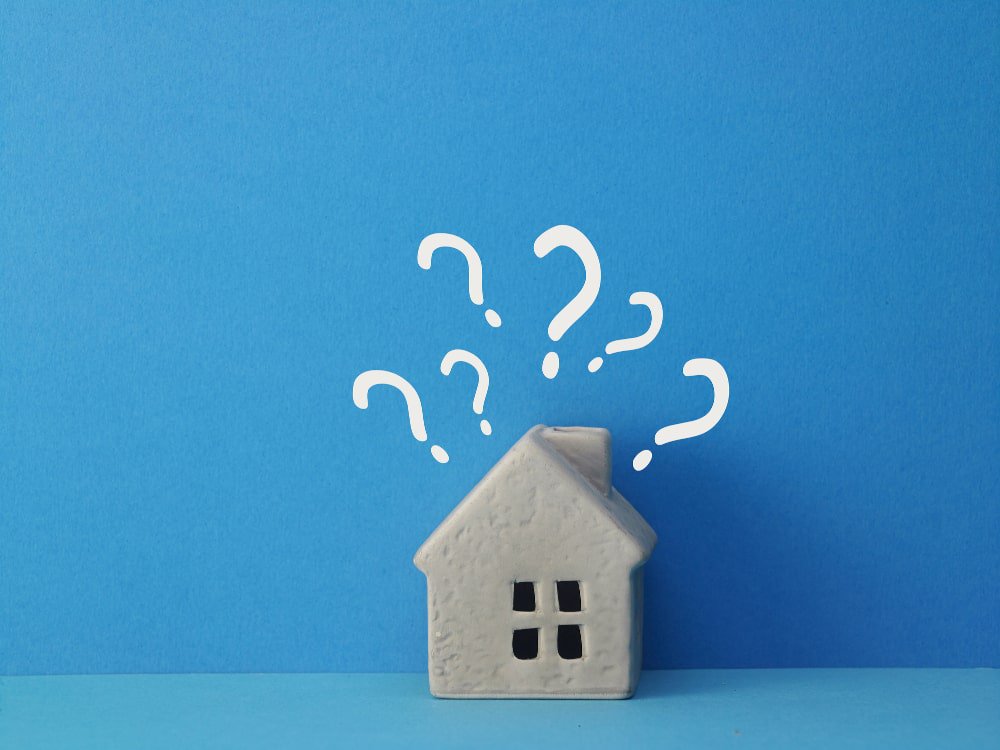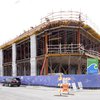Common Home Buyer Questions and Answers

With the (now official) launch of Canada’s new housing policies on December 15th , we’ll likely see Canadians young and old stepping off the sidelines very soon, and diving right back into the residential real estate market. While buying a home can be exciting, it can also be an incredibly challenging and confusing time. To help you better navigate this process, our team of brokers is here to share some of their best answers to the most commonly asked home buyer questions.
- What's your best advice for first time home buyers?
- Should I Get Pre-Approved?
- How much should I save for a down payment?
- What happens if I change my mind about a home?
- Should I buy instead of rent?
- What question do real estate agents get asked the most?
- How long does it take to buy a home from start to finish?
What's your best advice for first-time home buyers?
“ Prepare, prepare, prepare! The Canadian real estate market has been incredibly competitive for the past few years, and it may only get worse once the new policies come into place. If you want to increase your chances of landing the home of your dreams, you will need to do some research in advance. Before you begin to shop around for homes, make sure you have clear guidelines around your needs in terms of amenities, location, and budget.” – Steven Tulman , President & Principle Broker.
Should I Get Pre-Approved?
“ Getting a pre-approval for a mortgage is one way to immediately establish your homebuying budget. One of our brokers will typically look into your financial history, your credit score, your current debt, your income (and a few other factors). Then, we’ll run your profile through our database of lenders to see what you could potentially qualify for (largest loan), and what you should realistically be trying to qualify for (best loan for your needs). We’ll also walk you through all the different options for terms and rates.” – Victoria Ishai , Mortgage Agent at Clover Mortgage Inc.
Pre-approval at Clover Mortgage is always free, and comes with no further obligations. It’s also an easy way to lock in an interest rate for up to 120 days, while you shop around for homes. You can also check out our online mortgage affordability calculator to learn more.
How much should I save for a down payment?
Previously, you had to save a minimum of 20% of a home’s purchase price if it was valued over $1 million. However, as of December 15th, the limit for down payments <20% has been raised to $1.5 million.
“ I mean, you could realistically put down as little as 5% down on a home purchase. There’s the first-time homebuyer’s incentive, there’s mortgage insurance that allows you to do that. But, you should keep in mind that if you put down anything less than 20% — even though you’re allowed to do that, you will need to also get CMHC insurance — which will cost you.” - Yen Nguyen , Mortgage Agent Level 2.
What happens if I change my mind about a home?
“ It is perfectly acceptable to change your mind about a home if you haven’t signed a contract with the seller. If you haven’t exchanged any money, even better! Now, if you’ve done either of those things, it still doesn’t mean the deal is set in stone. You may still be able to back out of a home purchase, but it will be much more difficult.” – Rushi Parikh , Mortgage agent.
Some contracts have clauses stating that you can back out of a home purchase if it fails the property inspection. In such cases, you would legally be able to pull out of the sale, even if the purchase and sale agreement has been signed. To learn more, check out our guide on backing out of a home purchase .
Should I buy instead of rent?
“ While renting is often cheaper, buying a home will be more profitable than renting in the long run. When you rent a property, all your money goes right to your landlord, whereas, if you’re making mortgage payments every month, you’re building equity in the property over time. With that being said, not everyone can afford to buy a home, and it is perfectly acceptable to rent until you are able to save up enough money to do so.” – Linda Mac , Mortgage Broker Level 2.
What question do real estate agents get asked the most?
“ Probably the most common question you’ll see is, ‘can I buy a home and sell my home at the same time?’ And it’s easy to imagine where that question is coming from. Most of the savings a homeowner will have, comes in the form of the equity they’ve built in their home. Selling an existing home is sometimes the only way to afford that shiny new one. In terms of a ‘right answer’ to the question, every real estate agent will tell you something different. For some homebuyers, it makes the most sense to sell House A first, and then worry about finding House B. Some people prefer to make their purchase of House B contingent on their ability to sell House A — you just have to specify that in your contract.” – Dieter Haes , Mortgage Agent.
How long does it take to buy a home from start to finish?
“ The timeline of a home sale can vary from case to case, but you’ll typically see 3-6 month timeframes. If you want to be in the shorter end of the range, there are a few things you can do to speed up the process. You could get pre-approved for your mortgage, you could try to look in a less heated real estate market, or you could hire a very effective real estate agent. Ultimately, the average timeline in Canada is about four and a half months, start to finish.” – Rick Sekhon , Mortgage Broker.
Conclusion
To learn more about any of the topics covered above, or to receive a personalized consultation, contact Clover Mortgage today.
FAQ
What's your best advice for first time homebuyers?
In terms of first time home buyer frequently asked questions, there’s usually a common theme. Most Canadians just want to know that they’re making a good financial decision for themselves and maybe their families as well. It can be difficult to know the details of what makes a good home sale if you have never been part of one before, and so I’d recommend a few questions to ask for a first time home buyer. First, make sure to ask about your specific needs. Is this house where you want it to be, is it the right size, is it within your price range? Ask these questions sooner rather than later. Then, focus on determining the best terms for your deal.
What is the most asked question to real estate agent?
One of the most common first time home buyer questions to ask realtors is how to get the best deal on a home. The earlier you start searching, the more effort you put into narrowing down your requirements for a home, and the better your credit score, income, and debt history are, the higher the odds that you will find a great home at a great price.




